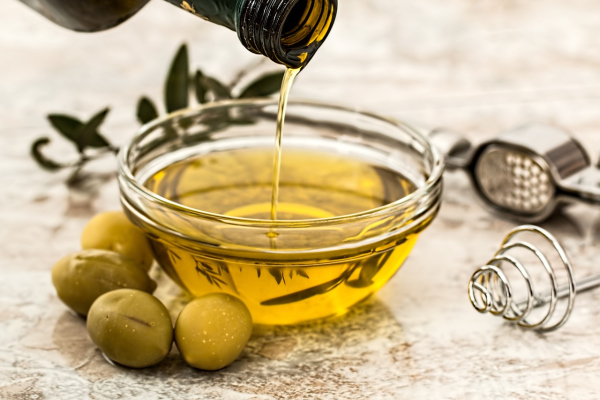 |
The Finest Harvest in Every Bottle:PDO/DOP Certified Extra Virgin Olive Oils |
 |
The Finest Harvest in Every Bottle:PDO/DOP Certified Extra Virgin Olive Oils |

The Role of Polyphenols in Extra Virgin Olive OilWhat are Polyphenols?Polyphenols are naturally occurring compounds found in plants, including olives. They are known for their antioxidant properties and contribute to the health benefits of extra virgin olive oil (EVOO). These compounds help protect the body against oxidative stress and inflammation, playing a crucial role in promoting overall health. Health Benefits of PolyphenolsPolyphenols in EVOO provide numerous health benefits, including:
Flavor and StabilityPolyphenols contribute to the flavor profile of EVOO, adding bitterness and pungency. The presence of these compounds can be detected in the peppery sensation felt at the back of the throat when tasting high-quality EVOO. Additionally, polyphenols help stabilize the oil, extending its shelf life and preserving its nutritional value. The higher the polyphenol content, the longer the oil can remain fresh and flavorful. Factors Affecting Polyphenol ContentSeveral factors influence the polyphenol content in EVOO, including:
Expert InsightsNutritionist Dr. Lisa Brown states, "Incorporating polyphenol-rich EVOO into your diet can provide significant health benefits due to its antioxidant and anti-inflammatory properties. Choosing high-quality EVOO with a high polyphenol content is essential for maximizing these benefits." How to Choose Polyphenol-Rich EVOOWhen selecting EVOO, look for oils that specify high polyphenol content on the label. These oils often come from early-harvested olives and reputable producers who prioritize quality. Conducting a taste test can also help identify polyphenol-rich oils, as they tend to have a more pronounced peppery and bitter flavor. Discover more about the health benefits of EVOO in our Health Benefits of Extra Virgin Olive Oil article. Learn about different olive varieties in Exploring Different Olive Varieties Used in Extra Virgin Olive Oil and understand the extraction process in The Science Behind Extra Virgin Olive Oil Extraction. |
Disclaimer: Some articles on this site mention various health benefits of extra virgin olive oils. Some of the benefits have been researched and some are from individual's personal experiences. In any case, these articles are not intended to act as a medical reference. If you are using, or are considering using olive oil for specific health related issues, you are advised to speak with your health care provider for advice pertaining to your situation. These articles are for educational purposes only.